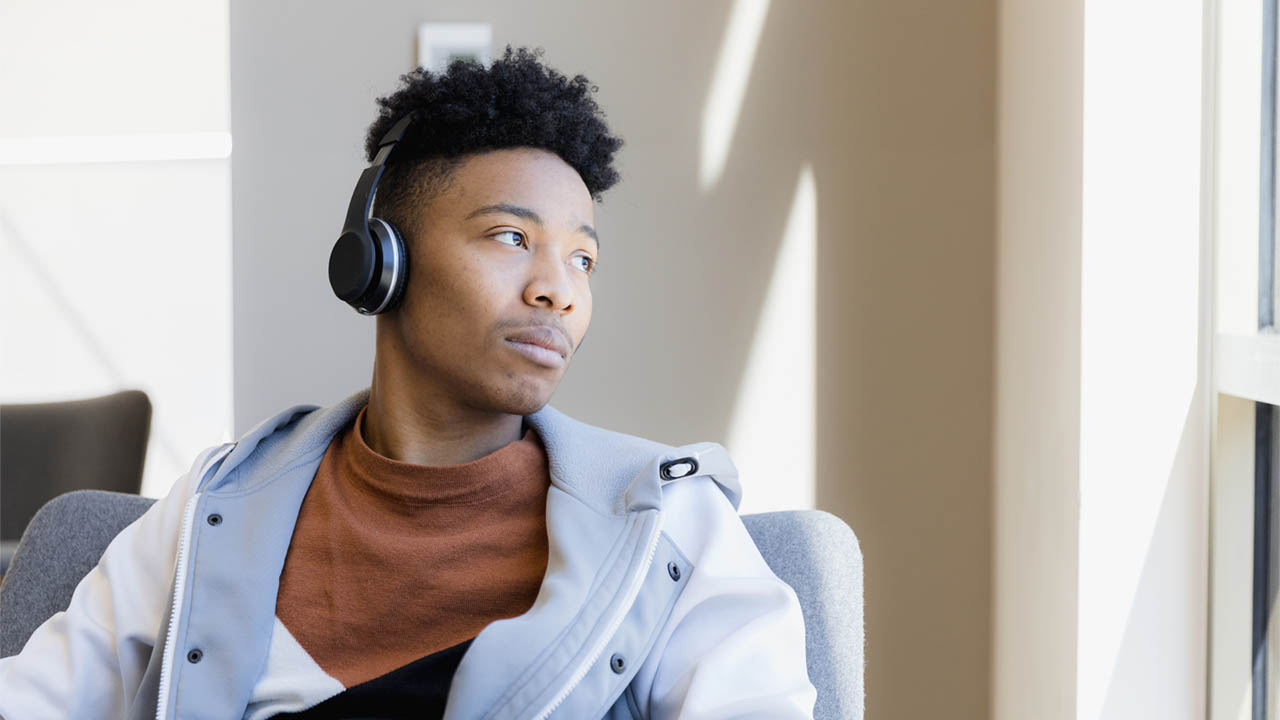Adapting across borders
 CREDIT: SDI PRODUCTIONS
CREDIT: SDI PRODUCTIONSAdjusting to life in a new country can be a challenge, but there are tools at your disposal to manage culture shock.
Every year, the halls of Fanshawe College welcome a diverse cohort of international students, each of them bringing a unique tapestry of culture and experience. However, as these eager minds traverse continents to embark on their educational journeys, they are often met with the enigmatic embrace of culture shock, sparking emotions, challenges, and triumphs that define the culture shock experience for international students. Struggling to navigate the nuances of a different language, unfamiliar customs, and a distinct way of life, international students embark on an odyssey of adaptation that shapes their journey at college.
In the heart of this cultural crossroads lies the Fanshawe College International Office, a beacon of support for international students with an array of support resources, mentors and counsellors with whom students can engage to ease the cultural transition. These resources include peer mentorship programs, workshops on cross-cultural communication and the centre’s offerings provide students with a roadmap to not only survive but thrive.
Culture shock shapes more than just experience, it shapes identities. The collision of cultures prompts students to redefine themselves, blending their origins with the allure of their newfound home. The student dormitories echo with a symphony of languages and the cafeteria offers an array of flavours which may seem unfamiliar to students at first. Students form connections that traverse borders, celebrating the beauty of diversity while finding unity in shared aspirations.
Bolu Osakinle, a second-year international student from Nigeria studying information system testing explained that the healthcare system was one facet of life in Canada that was difficult to adjust to.
“I expected the healthcare system to be easily accessible without any thoughts of booking first, finding a family doctor, waiting for so long before you could be attended to. I placed so much expectation in the healthcare sector. In my country, we have the freedom to walk into any hospital at any time and still be attended to,” Osakinle said.
As the dust of culture shock settles, what emerges is not just adaption but transformation. The journey from culture shock to cultural fluency becomes a rite of passage. Students evolve from newcomers wrestling with the unfamiliar like “cold climate” to empowered global citizens who embody the essence of cross-cultural understanding.
“I was thrown off by the weather condition, I am aware it’s going to be cold but not to what I later experienced,” Osakinle said. He added that he expected more from social gatherings where people are free to easily meet and interact but they’re too scared to communicate and connect with people. “In my country, it’s so easy to connect and make friends. Out of one to 10 international students here, I would say nine experience depression from this due to the feeling of being lonely, people keep to themselves a lot over here.”
Osakinle added that his only form of adaptation is creating a form of openness, flexibility and creating causal interactions with people by taking part in conversations and introducing himself to new people. He also said that his interactions with locals at his workplace and at home assisted him in educating each other on both cultures.
Osakinle’s advice to international students is to be open and ready to learn and unlearn, learn to be flexible in order not to lose your mental stability.
Deepak Ullas, an international student from India, taking his second program in business analysis at Fanshawe College said that some things that shocked him about Canada in comparison to his home country were events like the Pride Parade and access to free tampons and condoms on campus.
He added that to override the emotional impact of feeling lonely, he engages himself more in sport related activities, playing lots of badminton. Ullas further stated that his interactions with locals assisted him in understanding the London community.















